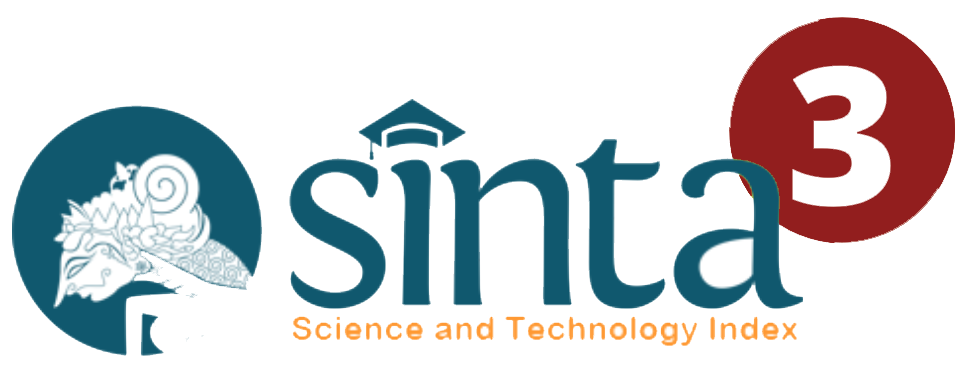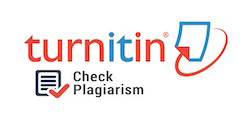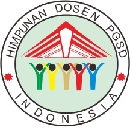IMPLEMENTATION OF THE ENVIRONMENTAL AWARENESS ORIENTED PROJECT BASED LEARNING MODEL (THROUGH HYDROPONIC PLANTS) AS AN EFFORT TO DEVELOP ECOLOGICAL LITERACY FOR PGSD STUDENTS
DOI:
https://doi.org/10.22460/pej.v5i1.1962Abstract
The phenomenon of environmental pollution and disproportionate use of the environment is a problem that continues to be discussed to find a solution. This is considered important because the environment is one of the accesses to achieve a prosperous life in the future. The natural environment is not just a place for humans to live, but a place where there is a synergistic contact of life between humans and nature, both of which influence each other. which is expected to have a positive impact and can produce actualized productivity in environmentally literate human behavior. This study itself aims to determine environmental care programs through hydroponic plants that are integrated with social studies learning using a project-based learning model to develop ecological intelligence of STKIP Bina Mutiara Sukabumi students. This study used a quantitative approach with a quasi-experimental pretest-posttest one group test design method. The number of research subjects was 20 students of PGSD STKIP Bina Mutiara Sukabumi. The instruments used were a questionnaire for the statement of ecological intelligence indicators and an ecological intelligence questionnaire with the stages of the Project Based Learning (PjBL) learning model. The research data from questionnaire 1 shows the average score at pretest 50 and 73 at posttest and on the Ecological Intelligence instrument with its PjBL Stages obtained an average score of 37.75 at pretest and 52.2 at posttest, with each significance value 0.000 <0.05 then Ho is rejected, or there is an influence of the Project Based Learning (PjBL) learning model through hydroponic plants which is integrated with the implementation of social studies learning courses in elementary schools on the ecological intelligence of PGSD STKIP Bina Mutiara Sukabumi students.References
Brears, L., MacIntyre, B. & O’Sullivan, G.(2011). Preparing teachers for the 21st century
using PBL as an integrating strategy in science and technology education. Design and
Technology Education: An International Journal, 16(1), 36-46
Center for Ecoliteracy. (2004). Ecoliteracy competencies. [online] Diakses Dari
http;//www.ecoliteracy.org/publications/fritjop.
Daniel, Eyisi. (2016). The Usefulness of Qualitative and Quantitative Approaches
and Methods in Researching Problem-Solving Ability in Science Education
Curriculum. 7(15), 91-100.
Goleman, Daniel. (2010). Ecological Intelligence How Knowing The Hidden
Impacts Of What We Buy CCn Change Everything (Edisi Bahasa
Indonesia). Jakarta:Gramedia Pustaka Utama
Goleman, Daniel. (2012). Ecological Intelligence How Knowing The Hidden
Impacts Of What We Buy CCn Change Everything (Edisi Bahasa
Indonesia). Jakarta:Gramedia Pustaka Utama
Gunawan, Rudy. (2013). Pendidikan IPS: Filosofi, Konsep dan Aplikasi. Bandung:
Alfabeta
Made Wena. (2014). Strategi pembelajaran inovatif kontemporer: suatu tinjauan
konseptual operasional. Jakarta: Bumi Aksara
Maryani, E. Dkk. (2009). Pengembangan Program Pembelajaran IPS Untuk meningkatkan
Kompetensi Keterampilan Sosial. Jurnal Penelitian. Volume 9 No 1, April 2009.
Palmer, J. A. (1998). Environmental education in the 21st century. New York: Routhledge
Parker, Walter C. (2010). Social Studies Today Research and Practice. New York: Routledge
Rais, M. (2010). Project based learning: Inovasi pembelajaran yang berorientasi soft skills.
Makalah disajikan sebagai Makalah Pendamping dalam Seminar Nasional Pendidikan
Teknologi dan Kejuruan Fakultas Teknik Universitas Negeri Surabaya tahun 2010.
Surabaya: Unesa.
Supriatna. N (2016). Kecerdasan Ekologis dan Ecopedagogy dalam pembelajaran sejarah
dalam Ecopedagogy:Membangun Kecerdasan Ekologis dalam Pembelajaran IPS.
Bandung: Rosdakarya










